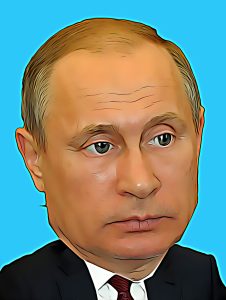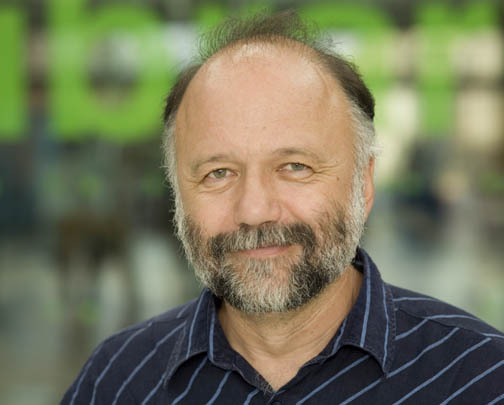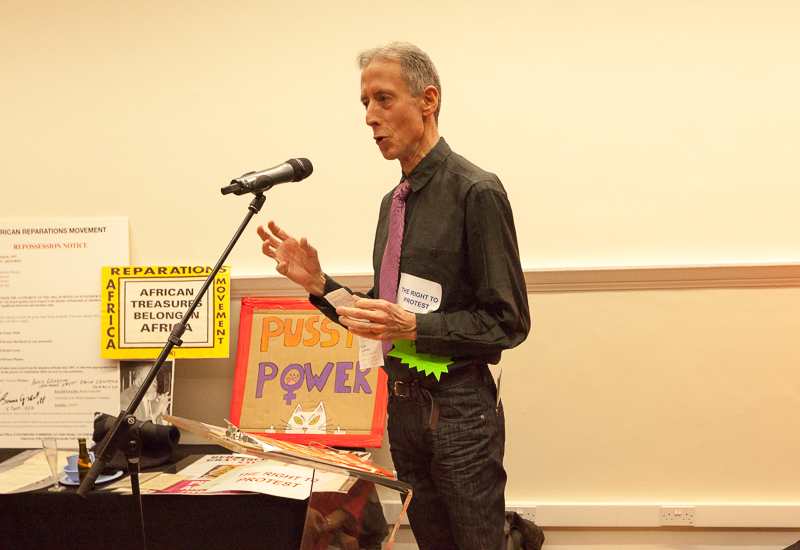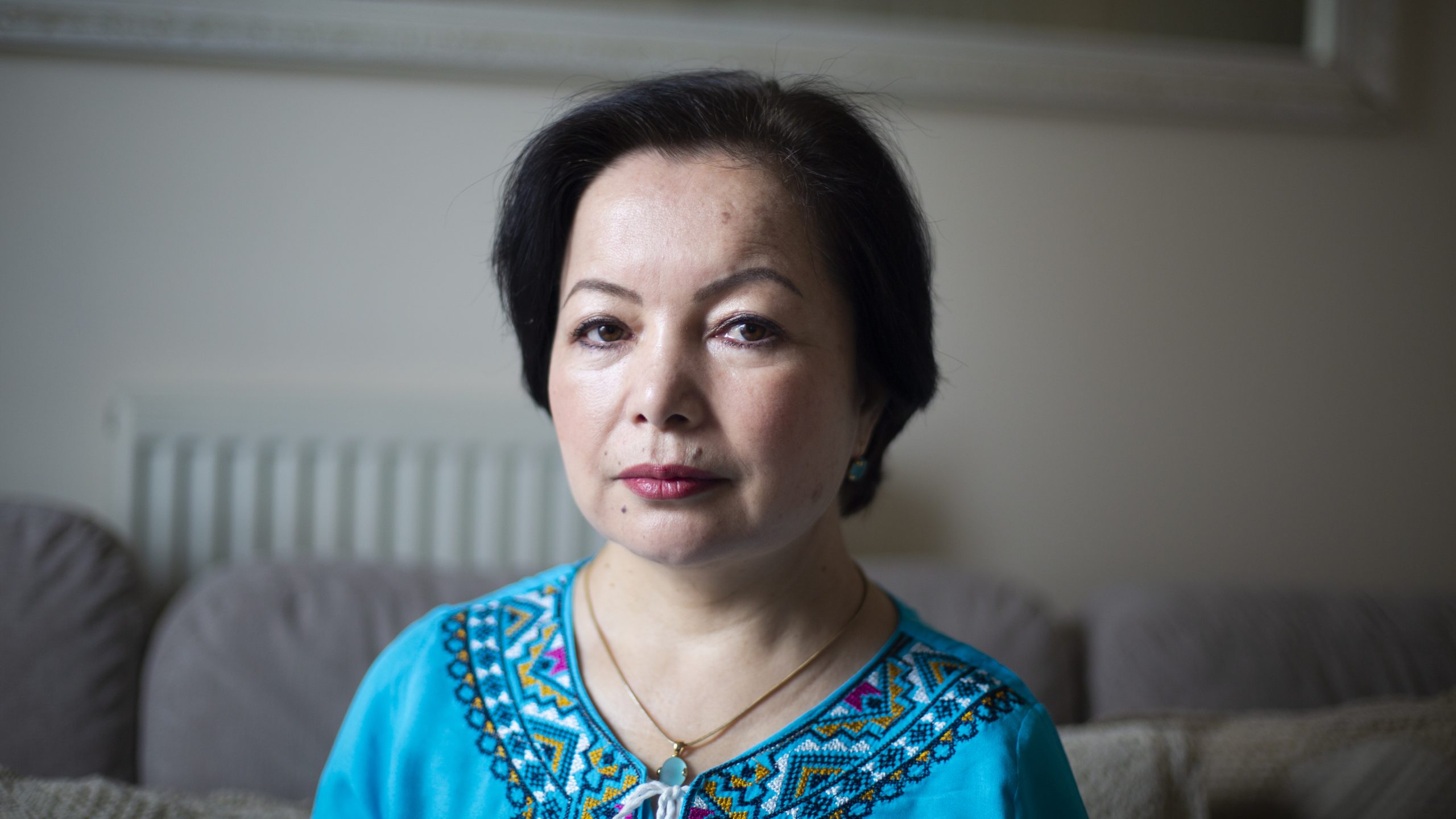Index relies entirely on the support of donors and readers to do its work.
Help us keep amplifying censored voices today.
At the end of every year, Index on Censorship launches a campaign to focus attention on human rights defenders, dissidents, artists and journalists who have been in the news headlines because their freedom of expression has been suppressed during the past twelve months. As well as this we focus on the authoritarian leaders who have been silencing their opponents.
Last year, we asked for your help in identifying 2021’s Tyrant of the Year and you responded in your thousands. The 2021 winner, way ahead of a crowded field, was Turkish president Recep Tayyip Erdogan, followed by China’s Xi Jinping and Syria’s Bashar al-Assad .
The polls are now open for the title of 2022 Tyrant of the Year and we are focusing on 12 leaders from around the globe who have done more during the past 12 months than other despots to win this dubious accolade.
Click on those in our rogues’ gallery below to find out why the Index on Censorship team believe each one should be named Tyrant of the Year and then click on the form at the bottom of those pages to cast your vote. The closing date is Monday 9 January 2023.
VOTING HAS NOW CLOSED. SEE WHO YOU VOTED AS TYRANT OF THE YEAR 2022 HERE.
 Vladmir Vladimirovich Putin is the tyrant’s tyrant in more ways than one. Over the two decades he has dominated Russian politics as president and prime minister, he has set a new standard in the brutal oppression of opponents at home and abroad. His illegal invasion of Ukraine on 24 February has had a devastating effect on the global economy and turned Russia into a global pariah. But he has also been a consistent champion of other tyrants, whether it is Ayatollah Khamenei, the supreme leader of Iran, President Assad of Syria or his closest ally in the region, President Lukashenska of Belarus.
Vladmir Vladimirovich Putin is the tyrant’s tyrant in more ways than one. Over the two decades he has dominated Russian politics as president and prime minister, he has set a new standard in the brutal oppression of opponents at home and abroad. His illegal invasion of Ukraine on 24 February has had a devastating effect on the global economy and turned Russia into a global pariah. But he has also been a consistent champion of other tyrants, whether it is Ayatollah Khamenei, the supreme leader of Iran, President Assad of Syria or his closest ally in the region, President Lukashenska of Belarus.
The horrors perpetrated by the army sent to Ukraine in 2022 by Putin are too many to catalogue here. But they include torture and summary execution, as evidenced from the mass graves of Bucha, the forced deportations of citizens of occupied territories in the east of the country, indiscriminate attacks on civilian targets such as the maternity hospital in Mariupol and sexual violence used as a weapon of war. As winter sets in his forces have targeted power facilities, leaving many Ukrainians without light, heat and water in freezing conditions.
Meanwhile, in Russia itself the independent media has been crushed, with many journalists silenced or forced into exile. New legislation has turned protesters into traitors. Even calling Russia’s intervention in Ukraine a war has been deemed a crime, with anyone convicted of spreading “false information” facing a 15-year prison sentence.
“Most tyrants only brutalise their own people or the countries they invade. But Putin is a truly global tyrant who has made the whole world a poorer place by strangling the supply of Russian oil and gas and Ukrainian grain. And he has made it a more dangerous place by bringing the threat of nuclear war to Europe. Tyrant of the year? More like tyrant of the century,” says Index’s editor-at-large Martin Bright.
The summer issue of Index magazine concentrated its efforts on the developing situation between Russia and Ukraine and consequential effects around Europe and the world.
We decided to give voice to journalists, artists and dissidents who chose to respond to this ruthless war. At the same time, we didn’t forget other attacks on freedoms that haven’t been covered around the globe as much as they should.[/vc_column_text][vc_custom_heading text=”Up front”][vc_column_text]Joining Ukraine’s battle for freedom, by Jemimah Steinfeld: We must stand with the bold and brave against Putin.
The Index: A global tour of free expression, departing from the poll booth and arriving at the journalists reporting under Taliban rule.[/vc_column_text][vc_custom_heading text=”Features”][vc_column_text]Fifty years of pride and prejudice, by Peter Tatchell: Following the rise and
corporate fall of London’s march for LGBT rights, will grassroots voices rise again?
India’s meaty issue, by Aishwarya Jagani: When a burger comes with a side of oppression.
Cartoon, by Ben Jennings: Art imitates life, caveman style.
My three years of hell in an Uyghur ‘re-education’ camp, by Gulbahar Hatiwaj and Rahima Mahmut: As the world stays silent, hear the truth from inside China’s brutal concentration camps.
One step ahead of the game, by Chen Dan: Media criticism of the Chinese government is all part of the power play.
Welcome to the kingdom of impunity, by Michael Deibert: The landscape is dangerous for journalists in Haiti. Murders and kidnappings are a daily risk.
Politically corrected? By Issa Sikiti da Silva: The banned words the Kenyan
government doesn’t want to hear in this election year.[/vc_column_text][vc_custom_heading text=”Special report: The battle for Ukraine”][vc_column_text]Losing battle for truth in Russian lecture halls, by Ilya Matveev: The war has put a new strain on academic freedom. A Russian lecturer laments his lost classroom.
Don’t be afraid to say two plus two is four, by Mark Frary and Alla Gutnikova: As a convicted student journalist speaks out for freedom, do Russian dissidents once again face the gulag?
Emotional baggage, by Slavenka Drakulic: How it feels to pack up a life in Ukraine and become a refugee.
Back to the future, by Martin Bright: The world has been turned
upside down for Ukrainian reporters, and this is their new landscape.
On not being shot, by John Sweeney: Amidst the Kremlin-wrought
wreckage, do we need a new era of journalism?
Russia’s trojan horse moves closer to Europe, by Viktória Serdult: In Hungary, Putin’s right-hand man and Europe’s right-wing firebrand wins again.
Turkey’s newfound russophilia, by Kaya Genç: Putinism is seeping into Turkey, and it spells trouble for future freedoms.
Divided by age and a tv screen, by Hanna Komar: How do you make sure your
family see the truth when they’re blinded by Kremlin propaganda? A Belarus activist speaks out.
Culture in the cross hairs, by Andrey Kurkov: Decades after Soviet rule, Ukrainian culture is once again under threat, as are the lives behind the creative expression.
Bordering on media control, by Kseniya Tarasevich: False information about
Ukraine finds fertile breeding ground in Poland.
Treat tragedies of the Ukraine war with dignity, by Olesya Khromeychuk: The grieving hearts left behind when death becomes news fodder.
Worth a gamble, by Jemimah Steinfeld: When telling the truth is a crime, turn to a criminal spam operation.[/vc_column_text][vc_custom_heading text=”Comment”][vc_column_text]
Cancel Putin, not culture, by Maria Sorenson: Banning Russian artists assumes
that they are all collaborators of the Russian state and goes against artistic freedoms.
Beware the ‘civilisation’ battle, by Emily Couch: Why Europe must reject
anti-Asian racism to fully stand with Ukraine.
The silent minority, by Ruth Smeeth: A tribute to those whose work never saw the light of day.[/vc_column_text][vc_custom_heading text=”Culture”][vc_column_text]‘The light is no longer the light it used to be’, by Lyuba Yakimchuk: The poet on children being indoctrinated and the elderly disorientated in Russia-occupied Ukraine.
A cassandra worth heeding, by Dominic Cavendish: Murdered Russian journalist
Anna Politkovskaya, whose dispatches from Chechnya should be put in the spotlight.
Poetic injustice, by Stephen Komarnyckyj: History is repeating itself
on the pages penned by Ukrainian writers.
Banking on Russia’s poetic spirit, by Maria Bloshteyn and Yulia Fridman: A “piggy bank” of Russian poetry is fighting on the right side of Putin’s war.
Metaphors and madness, by Eduardo Halfon: In Guatemala, truth is best expressed through fiction.
Metal shows its mettle, by Guilherme Osinski: A heavy metal band labelled
“satanic” by Iran is free from prison and taking back the microphone.
America’s coming crucible, by Jo-Ann Mort: Women in the USA might soon be in the dark about their own bodies.
In the summer 2022 issue of Index on Censorship, people across the spectrum talk about the corrosive effect of the war in Ukraine on freedoms. Viktoria Sedult, a journalist in Hungary, writes about how Europe’s most right-wing leader, Prime Minister Viktor Orbán, used fears of being embroiled in the war to secure a resounding electoral victory. Hanna Komar, an activist from Belarus, tells how she is desperately trying to challenge her parents on the lies they see on their TV. We give space to Ukrainian writers and artists, with a moving essay from Andrey Kurkov on how today, as in the past, Russia is trying to erase Ukraine’s culture, and a discussion with the poet Lyuba Yumichuk on children in Donbas being fed an alternative history. We publish the court statement from student journalist Alla Gutnikova, one of the Doxa Four sentenced to two years’ “correctional labour” in April, alongside an interview with her. Ilya Matveev, a Russian academic, writes about the incredibly difficult environment in his St Petersburg classroom, which eventually led him to flee. And we spotlight the amazing ways people are fighting back.

Andrey Kurkov is an Ukrainian author who has written about 20 documentary, fiction and TV movie scripts and also 19 novels, including the bestseller Death and the Penguin. Read More

Andrey Kurkov is an Ukrainian author who has written about 20 documentary, fiction and TV movie scripts and also 19 novels, including the bestseller Death and the Penguin.

Peter Tatchell is the director of human rights organisation the Peter Tatchell Foundation and highly acknowledged for his work with the LGBT movement.

Peter Tatchell is the director of human rights organisation the Peter Tatchell Foundation and highly acknowledged for his work with the LGBT movement.

Rahima Mahmut is the director of the World Uyghur Congress (UK) and Adviser to the Inter-Parliamentary Alliance on China.

Rahima Mahmut is the director of the World Uyghur Congress (UK) and Adviser to the Inter-Parliamentary Alliance on China.